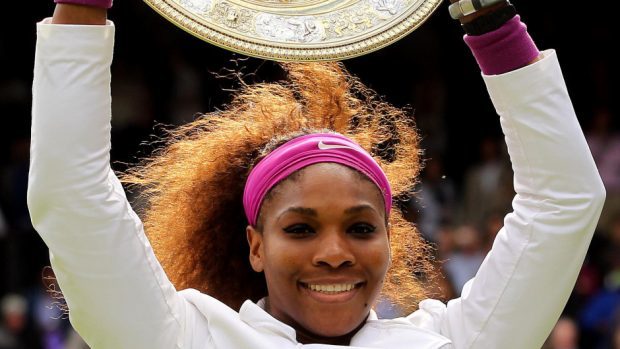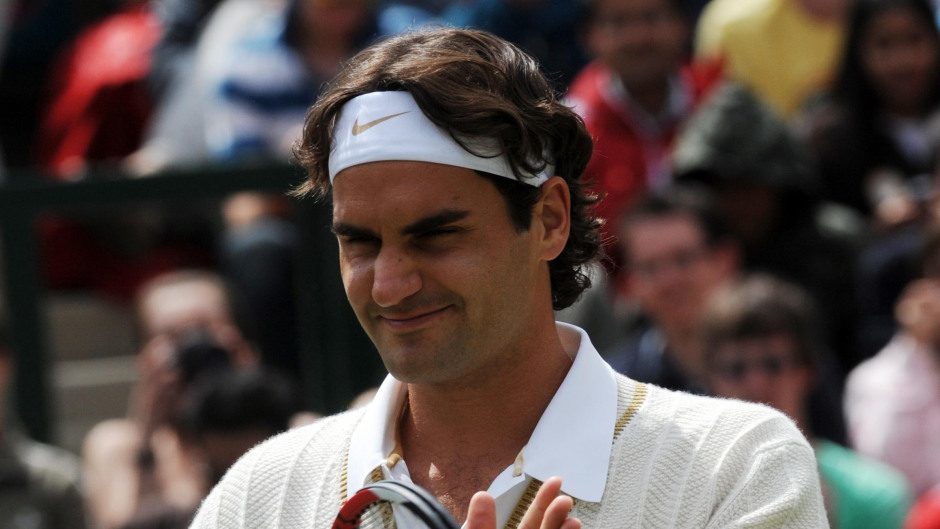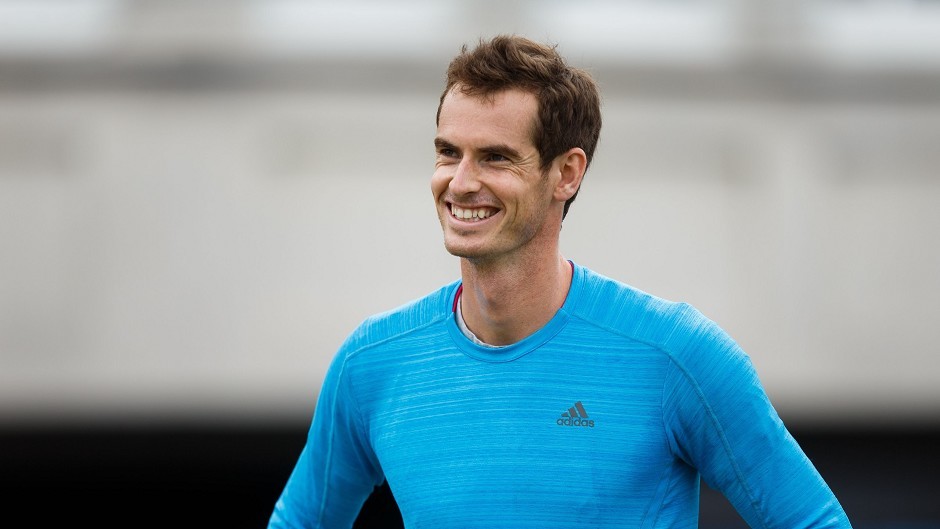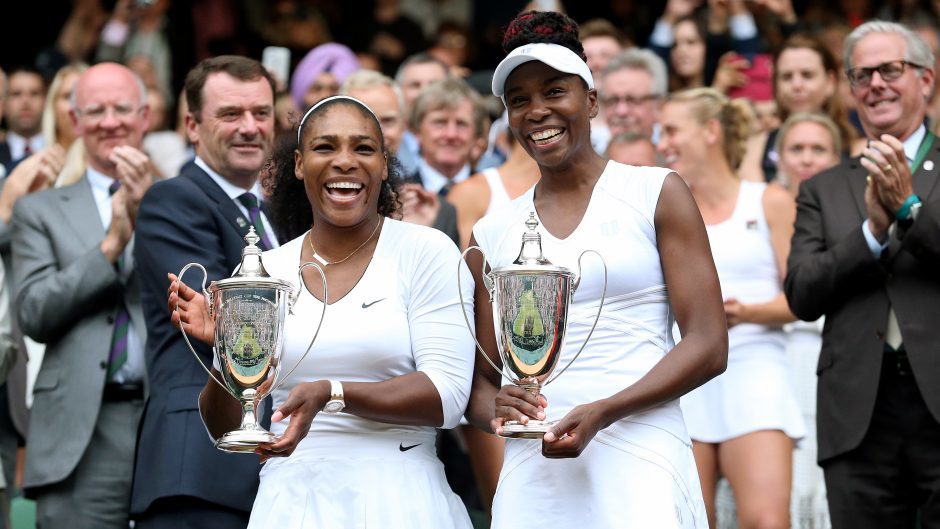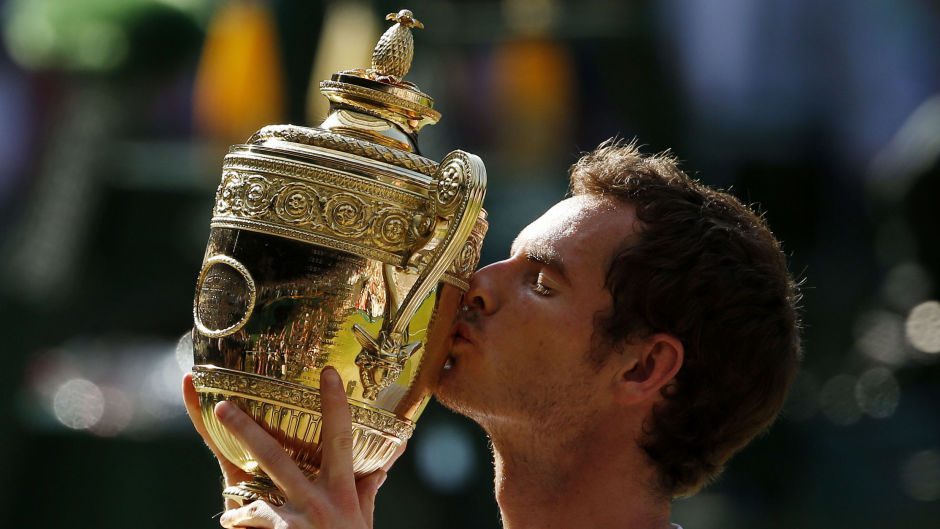There has never been another match like it in tennis history: a contest with more twists than a Hitchcock movie season and a Lazarus-style recovery from the winner.
It’s 20 years since Goran Ivanisevic and Tim Henman started their Wimbledon semi-final clash on a Friday where the British No 1 rallied from losing the first set to produce a mesmerising display of effervescent, exhilarating va va voom, including a 6-0 blink-and-you-missed-it third-set rout of his rival which was on the brink of propelling him into the final.
But then, the incessant weather delays which caused the semi-final to be staged over the course of three days disrupted Henman’s rhythm and worked to Ivanisevic’s advantage to the extent that, after the mercurial Croat eventually prevailed on Sunday, he claimed: “This is destiny. God wanted me to win this game – so he sent the rains.”
It was yet another memorable encounter from the days when I made a habit of travelling to London to witness a fortnight of compelling action and had the privilege of watching many of the most stellar figures in the sport’s history.
This was mostly in the period before the 9/11 terrorist atrocity in New York when there was far less emphasis on security and bag checks while thousands of us ventured to Wimbledon village on the Tube and revelled in the tournament’s unstinting ability to create new luminaries and gripping stories even as the torch was passed from one generation to another.
On my maiden sojourn in 1994 to the environs which are dominated by a Centre Court which always looks bigger on television than it does in real life, the great Steffi Graf sparked astonishment when she was knocked out in the first round by Lori McNeill, while the peerless Martina Navratilova was beaten 6-4 3-6 6-3 by Conchita Martinez in an absorbing denouement that ebbed in about 50 different directions.
The following day, by comparison, we were served up pretty pallid fare as Pete Sampras thrashed Ivanisevic in the men’s final: a clinical exhibition of powerful serve-and-volleying from the American Zen master which was about as entertaining as your average party political broadcast.
Oh, and just to emphasise how this was another time, another place, the girls’ singles was won by a certain Martina Hingis, who subsequently enjoyed her own triumphs and tribulations on and off the court as the years passed.
The 2021 event, which begins next week, will proceed without such figures as Rafael Nadal and Naomi Osaka, while it could prove the swansong for Andy Murray and one final opportunity for Roger Federer to add to his tally of 20 Grand Slam titles – or, more probably for Novak Djokovic to join him on that exalted number, given how he has generated so much momentum recently.
Serena Williams, for her part, is using the two-week break between the French Open and Wimbledon to relax and enjoy some family time with her husband and daughter, but has unfinished business in London.
The tennis legend’s latest quest for a record-equalling 24th Grand Slam title ended with a loss to Elena Rybakina in the fourth round at Roland Garros.
But it’s a measure of the fashion in which she has managed to overcome myriad injuries, illness and personal challenges during her remarkable career that nobody is completely writing off her prospects, despite a litany of disappointment and deflation in her more recent final appearances.
I was there in July 2002 when she and her sister, Venus, locked horns for the first time in a Wimbledon final and their father, Richard, held up messages on a whiteboard, even as his daughters amply demonstrated the visceral powers which have overwhelmed everybody else for nearly 20 years.
Serena surged to her maiden title by a 7-6, 6-3 margin, principally because she wanted it more and because her sister never quite possessed the ruthless killer instinct which ground adversaries into the dust, clay or grass.
I remember the gimlet gleam in her eye and steely sense of pride as she spoke about her delight at achieving the goal of “becoming a member of so much prestige, so much history”. She was only 20 at that stage and the fact she will turn 40 in September and is still pursuing fresh conquests testifies to the fire and fortitude which this incredible athlete and warrior has always exuded.
Federer will reach the same milestone in August and nobody can defy for ever the ravages wrought by Old Father Time. But the late novelist David Foster Wallace once wrote of him: “He is one of those rare, preternatural athletes who appear to be exempt, at least in part, from certain physical laws … a creature whose body is both flesh and, somehow, light.”
Both Williams and Federer are raging against the dying of the light and it’s unlikely they will carry on beyond this year, especially considering how the Fed Express is chasing the Olympic title which has previously eluded him.
But there’s no detracting from the legacy they have established in their different realms or the determination they still have to be competitive. Federer said recently he wasn’t interested in hanging around and dealing with second-round losses and the same is true of Serena.
What a lip-smacking pleasure it will be to marvel at them again next week!
